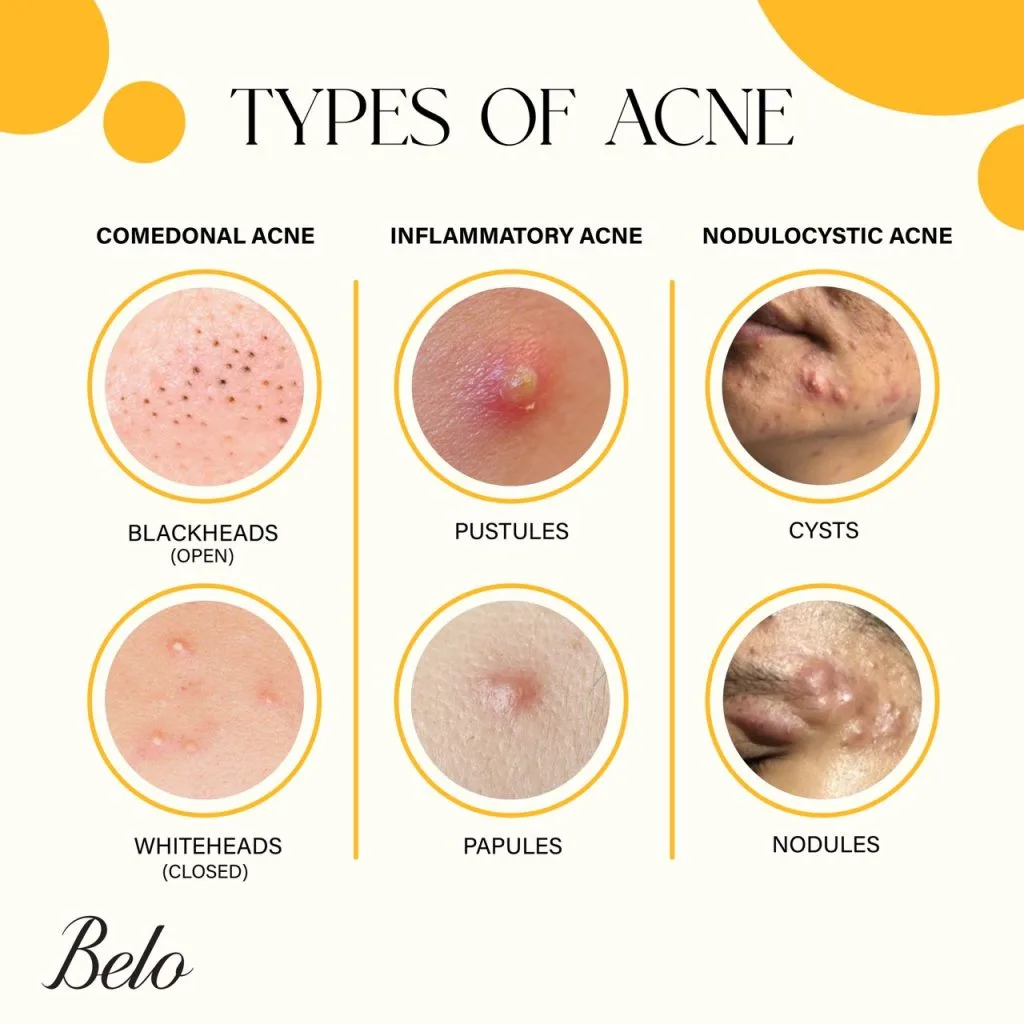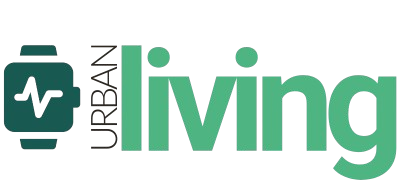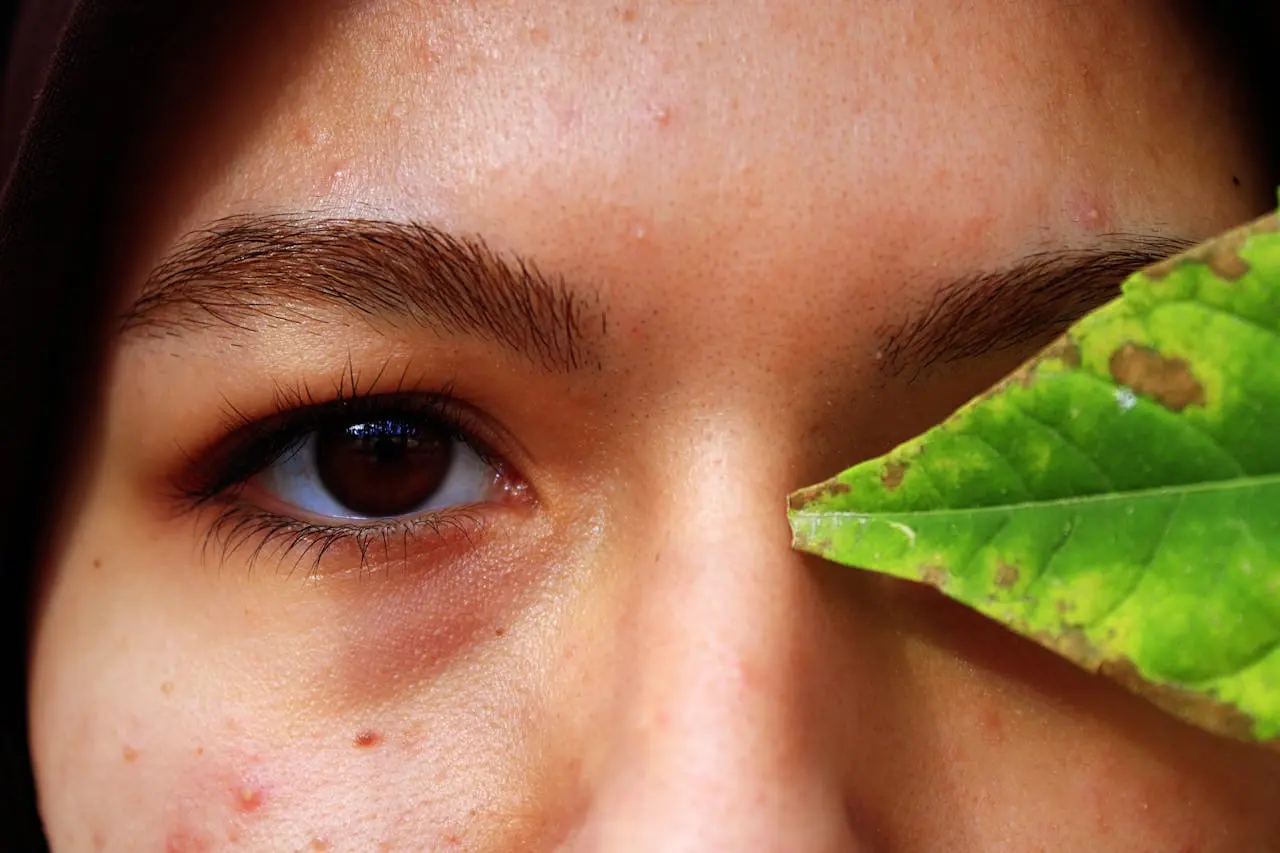Acne affects approximately 4 out of 5 people at some point in their lives, causing not only physical discomfort but also emotional distress and self-consciousness.
Whether you’re a teenager experiencing your first breakout or an adult dealing with persistent acne, understanding the condition and finding the right treatment approach is crucial.
This comprehensive guide explores everything you need to know about acne treatments in Singapore, from understanding the root causes to identifying the most effective solutions for your specific condition.
What Is Acne?
Acne is a skin disease characterized by the inflammation of oil glands in the skin. While pimples are one of its symptoms, acne refers to the broader condition that manifests in various forms:
- Comedones (blackheads and whiteheads)
- Papules (small red bumps)
- Pustules (pimples containing pus)
- Nodules (large, hard lumps under the skin)
- Cysts (painful, pus-filled lumps deep under the skin)
Read more: The Ultimate Guide to Acne Removal in Singapore
The condition typically develops in areas with a high concentration of oil glands, most commonly on the face, back, chest, and shoulders.
Understanding the Different Types of Acne

Non-inflammatory acne includes:
- Blackheads (Open Comedones): Occur when pores are clogged by sebum and dead skin cells, with the top remaining open, giving it a black appearance due to oxidation
- Whiteheads (Closed Comedones): Similar to blackheads but with a thin layer of skin closing the pore, appearing as small bumps
Inflammatory acne includes:
- Papules: Red, inflamed lesions caused by severe inflammation breaking down pore walls
- Pustules: Similar to papules but filled with pus, appearing white or yellow at the center
- Nodules: Large, hard lumps deep under the skin without pus, which are difficult to treat
- Cysts: Large, painful, fluid-filled bumps that can lead to scarring and require professional treatment
What Causes Acne Outbreaks?
Scientific research has identified several key factors that contribute to acne development:
Hormonal Factors
The primary cause of acne is the overactivity of male hormones (androgens) in the body. Both men and women have these hormones, though in different amounts. When androgen levels rise, they trigger increased sebum production in the skin.
Hormonal changes commonly occur during:
- Puberty
- Menstrual cycles
- Pregnancy
- Stressful periods
- When taking certain medications
Genetic Predisposition
Some people are naturally more prone to acne due to genetics. If your parents experienced acne problems, you’re more likely to develop them as well.
Diet and Nutrition
Recent studies have shown that certain foods can promote the release of androgens in our bodies. High glycemic index (GI) foods have been particularly linked to acne outbreaks, including:
- Dairy products
- Fast foods
- Sweetened beverages
- White bread
- Potatoes and potato chips
- Soft drinks
Understanding the Glycemic Index (GI)
The GI measures how quickly food raises blood glucose levels.
Foods with a high GI are rapidly digested and absorbed, causing blood sugar spikes that can lead to increased sebum production and inflammation.
| GI Rating | Value | Examples |
|---|---|---|
| Low | Less than 55 | Beans, pasta, milk, apples, oranges, sweet potatoes, chickpeas, yogurt |
| Medium | 55 to 70 | Honey, orange juice, basmati rice, wheatmeal biscuits, rockmelon, pineapple |
| High | More than 70 | Regular bread, corn flakes, white rice, sticky rice, watermelon, potatoes |
Lifestyle Factors
Several lifestyle elements can trigger or worsen acne:
- Stress: Elevates hormone levels including cortisol, which can increase oil production
- Quality sleep: A bad sleep kick-starts that cortisol in your body, which could produce more acnes.
- Inadequate skincare: Failing to remove makeup, using harsh products, or over-washing
- Environmental factors: Pollution, humidity, and exposure to oils or grease
- Certain medications: Including steroids, lithium, and some anti-epileptics
- Friction or pressure on skin: From headbands, tight clothing, or frequently touching your face
Medical Conditions
In some cases, acne can be a symptom of an underlying medical condition. For instance, women with Polycystic Ovarian Syndrome (PCOS) often experience acne due to hormonal imbalances, along with irregular periods and unwanted hair growth.
Who Is Most Prone to Acne?
While acne can affect anyone, certain factors increase your risk:
- Age: Teenagers and young adults experience acne most frequently due to hormonal changes during puberty
- Hormonal changes: Women often experience acne fluctuations during menstrual cycles, pregnancy, or menopause
- Family history: Genetic factors play a significant role in determining who gets acne
- Skin type: People with naturally oilier skin tend to be more prone to acne
- Medical conditions: Conditions like PCOS can increase acne susceptibility
It’s a common misconception that only people with oily skin develop acne. In reality, those with dry or sensitive skin can also experience breakouts. Sometimes, patients with oily skin may develop dry skin over time due to:
- Over-washing their faces
- Using harsh skincare products
- Inadequate moisturization
- Using topical or oral acne treatments that reduce sebum production
When Is Acne Considered Severe?
The severity of acne is often subjective and can vary based on personal perception. However, medical professionals generally classify acne severity into four grades:
Grade I: Mild acne with mostly blackheads and whiteheads, minimal inflammation
Grade II: Moderate acne with multiple comedones, more frequent breakouts, and some papules and pustules
Grade III: Moderately severe acne with numerous inflammatory lesions, many papules and pustules, and possibly some nodules
Grade IV: Severe acne with extensive papules, pustules, nodules, and cysts, often affecting multiple body areas and likely to cause scarring
You should consider consulting a doctor when:
- Your acne is affecting your self-confidence or social life
- Over-the-counter treatments aren’t working
- Your acne is leaving scars
- You suspect your acne might be related to an underlying condition
- You experience deep, painful cysts or nodules
Acne Treatment Options in Singapore
Singapore offers a wide range of treatment options for acne, from over-the-counter products to advanced medical procedures. The most suitable approach depends on your specific condition, skin type, and the severity of your acne.
1. Skincare Routine
The foundation of acne management starts with an appropriate skincare regimen that addresses:
- Reducing sebum production
- Unclogging pores
- Eliminating acne-causing bacteria
An effective routine should include:
Cleansing: Use a gentle cleanser containing:
- Glycolic acid
- Salicylic acid
- Lactic acid
These ingredients help exfoliate dead skin cells, decongest pores, and reduce sebum production.
Treatment: Apply products with active ingredients that target acne:
- Benzoyl peroxide (kills bacteria and reduces oil)
- Retinoids (unclogs pores and reduces inflammation)
- Niacinamide (reduces inflammation and regulates oil production)
Moisturizing: Use a non-comedogenic moisturizer that won’t clog pores but still provides adequate hydration. Look for products containing Allantoin, which hydrates the skin, removes materials from clogged pores, and neutralizes infection-causing toxins.
Sun Protection: Always use a non-comedogenic sunscreen to protect your skin, especially when using treatments that increase sun sensitivity.
2. Over-the-Counter (OTC) Treatments
For mild acne, OTC products can be effective:
Active ingredients to look for:
- Salicylic acid
- Benzoyl peroxide
- Sulfur
- Azelaic acid
When to use: These are typically sufficient for mild acne with mostly blackheads and whiteheads.
Limitations: OTC products generally contain lower concentrations of active ingredients compared to prescription options. They may not be effective for moderate to severe acne.
3. Prescription Topical Treatments
When OTC options aren’t effective, dermatologists may prescribe stronger topical treatments:
Options include:
- Higher concentration retinoids (tretinoin, adapalene)
- Prescription-strength benzoyl peroxide
- Topical antibiotics (clindamycin, erythromycin)
- Combination products (adapalene with benzoyl peroxide)
Benefits: These treatments deliver stronger active ingredients directly to the affected areas with minimal systemic effects.
4. Oral Medications
For moderate to severe acne, oral medications may be necessary:
Antibiotics: Such as doxycycline, minocycline, or erythromycin
- Help combat bacteria and reduce inflammation
- Usually prescribed for 3-6 months
- Often used in combination with topical treatments
Hormonal Therapies:
- Oral contraceptives: Particularly effective for women with hormonal acne
- Spironolactone: Helps reduce androgen effects on oil glands, beneficial for women with jawline or chin acne
Isotretinoin: For severe, nodular acne that hasn’t responded to other treatments
- Highly effective at reducing sebum production
- Requires careful monitoring due to potential side effects
- Not suitable during pregnancy due to risk of birth defects
5. Advanced Clinical Treatments
Singapore’s dermatology clinics offer various advanced treatments:
Facial Treatments
HydraFacial: Uses vortex technology to cleanse pores and remove micro-blockages that cause breakouts. It simultaneously cleanses, extracts, and hydrates the skin.
Chemical Peels: Exfoliate the skin at a deeper level, removing the unhealthy top layer to promote renewal and thoroughly cleanse pores of grime and sebum.
Laser and Light Therapies
Vbeam Laser: A pulsed dye laser system that targets redness and inflammation while helping control bacteria on acne-prone skin.
Long Pulsed Laser with Blue Light: Targets and destroys overactive sebaceous glands, reduces inflammation, kills acne-causing bacteria, and controls oil secretion.
CO2 Laser Resurfacing: Creates micro-channels in the skin to promote natural healing, support collagen regeneration, and improve skin texture.
Q-Switch Laser: Targets excess oil, refines pores, and addresses post-inflammatory hyperpigmentation and acne scars.
Specialized Treatments
AGNES: Offers a permanent solution to cystic acne by selectively shrinking sebaceous glands. Using radiofrequency energy, it targets damaged pores that repeatedly develop acne.
Gold Photothermal Therapy (PTT): Delivers gold nanoparticles into pores and sebaceous glands using ultrasound technology, then heats them with specialized lasers to permanently modify the pores and reduce secretions.
Steroid Injections: For severe inflammatory acne, corticosteroids can be injected directly into affected lesions to reduce inflammation and swelling.
Microneedling: Creates controlled micro-channels in the skin to stimulate natural healing and collagen production, helping regulate skin texture and sebum activity.
6. Combination Approaches
Most effective acne treatments involve a combination of approaches:
- Initial phase: Focus on controlling inflammation and active breakouts
- Maintenance phase: Prevent new breakouts and address residual issues like scarring
- Support phase: Establish a sustainable skincare routine to maintain results
Managing Acne Scars
Early treatment of acne is crucial to prevent scarring. However, if scars have already formed, several treatments can help:
For atrophic (depressed) scars:
- Fractional laser treatments
- Dermal fillers
- Microneedling
- Chemical peels
For hypertrophic (raised) scars:
- Steroid injections
- Laser therapy
- Silicone sheets or gel
Preventing Acne Breakouts
Prevention is always better than treatment. Here are some strategies to prevent acne flare-ups:
Skincare Habits
- Cleanse regularly: Wash your face twice daily with a gentle cleanser
- Avoid harsh products: Skip abrasive scrubs and alcohol-based products
- Remove makeup completely: Never sleep with makeup on
- Use non-comedogenic products: Look for this label on cosmetics and skincare items
- Don’t touch your face: This transfers bacteria from your hands to your face
- Clean makeup tools regularly: Bacteria can accumulate on brushes and sponges
Lifestyle Changes
- Balanced diet: Reduce consumption of high-GI foods and dairy products
- Stay hydrated: Drink at least 8 glasses (approximately 2 liters) of water daily
- Manage stress: Practice stress-reduction techniques like meditation or yoga
- Get adequate sleep: Aim for 7-8 hours of quality sleep each night
- Exercise regularly: Physical activity can help regulate hormones
Regular Consultations
Schedule regular follow-ups with your dermatologist to adjust your treatment plan as your skin changes and improves.
Myths About Acne Treatment
Myth 1: Only teenagers get acne Reality: Acne can affect people of all ages, with adult acne being increasingly common.
Myth 2: People with dry skin don’t get acne Reality: All skin types can develop acne. Dry or sensitive skin types may still experience breakouts.
Myth 3: Acne is caused by poor hygiene Reality: While cleanliness helps, acne is primarily caused by hormonal factors, genetics, and other internal issues.
Myth 4: You can “wash away” acne Reality: Over-washing can actually irritate the skin and worsen acne. A gentle, consistent routine is best.
Myth 5: Sun exposure clears acne Reality: While temporary improvements might be seen, sun damage can worsen acne long-term and lead to hyperpigmentation.
FAQs About Acne Treatment in Singapore
How long does it take to see improvements with acne treatment?
Improvements can become noticeable as early as one month after starting treatment, depending on the severity of your acne and the treatment approach. However, complete resolution typically takes 3-6 months of consistent treatment. Some patients (approximately 10%) may initially experience a “purging” phase where acne temporarily worsens before improving.
Can acne be completely cured?
Yes, acne can be completely cured in many cases. Approximately 90% of patients see significant improvement with appropriate treatment. For the remaining 10% with persistent acne, longer-term management approaches are available. Adolescent acne often resolves completely once hormones stabilize, while adult acne may require more targeted interventions like AGNES treatment.
Will I be dependent on acne treatment for life?
Not necessarily. The two main types of acne are adolescent acne (during teenage years) and adult acne. Adolescent acne is typically easier to resolve by controlling oil production until hormones stabilize. Adult acne can be more persistent but can often be effectively treated with specialized approaches like AGNES treatment.
If I don’t want to take oral medications, what other options do I have?
There are many alternatives to oral medications, including:
- Topical treatments
- Facial therapies
- Laser and light treatments
- Specialized procedures like AGNES or Gold PTT
- Advanced skincare regimens
Your dermatologist can help design a treatment plan that avoids oral medications if that’s your preference.
How much does acne treatment cost in Singapore?
Treatment costs vary widely depending on the approach:
- Basic skincare products: From $50
- Prescription medications: From $60
- Professional facial treatments: Starting from $128 for first trials
- Laser treatments: Starting from $288 for first trials
- Specialized treatments like AGNES: Starting from $150-550
Most clinics offer customized treatment plans that can be tailored to your budget.
How do I know which acne treatment is right for me?
The best treatment depends on several factors:
- Your acne type (comedonal, inflammatory, cystic)
- Severity of your condition
- Skin type
- Previous treatment history
- Budget considerations
- Treatment preferences
A consultation with a dermatologist or aesthetic doctor is the best way to determine the most appropriate approach for your specific situation.
Can diet really affect acne?
Yes, research increasingly supports the connection between diet and acne. High glycemic index foods and dairy products in particular have been linked to increased acne severity in many people. However, dietary triggers can vary between individuals, so personal observation is important to identify your specific triggers.
Is it okay to pop pimples?
Generally, it’s not advisable to pop pimples, especially deeper ones. When you squeeze a pimple, you risk:
- Pushing the inflammatory material deeper into the skin
- Spreading bacteria to surrounding areas
- Increasing inflammation
- Causing scarring
If you have a superficial whitehead, gentle extraction may be acceptable, but deep, painful cysts should never be squeezed.
How can I distinguish between normal purging and a bad reaction to acne treatment?
Purging typically:
- Occurs in areas where you normally break out
- Involves the same type of acne you usually experience
- Improves within 4-6 weeks
- Is often associated with active ingredients like retinoids, AHAs, BHAs
A bad reaction typically:
- Appears in new areas
- Involves different types of breakouts than usual
- Comes with irritation, burning, or excessive dryness
- Doesn’t improve with continued use
Conclusion
Acne treatment requires patience, consistency, and often a multi-faceted approach. Singapore offers a comprehensive range of treatments from basic skincare to advanced medical procedures. The key to successful acne management is early intervention, appropriate treatment selection, and consistency in maintenance care.
If you’re struggling with acne, consider consulting with a dermatologist or aesthetic doctor who can provide personalized advice based on your specific skin condition and needs. Remember that while acne can be distressing, effective treatments are available to help you achieve clearer, healthier skin.
With the right approach and professional guidance, most people can effectively manage their acne and prevent long-term complications like scarring, significantly improving both their skin health and quality of life.

